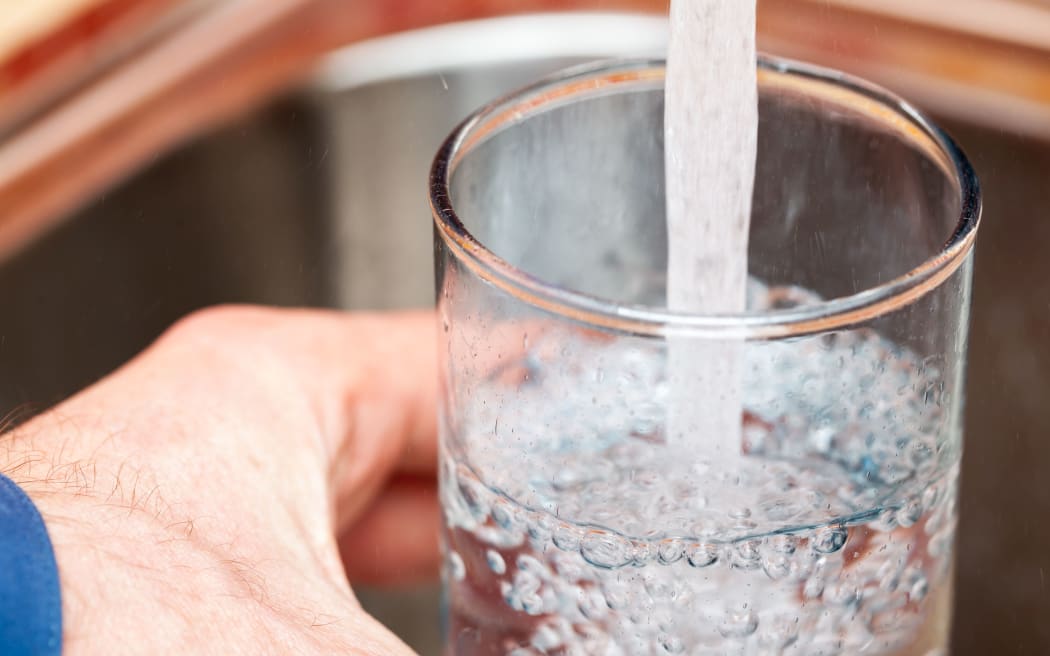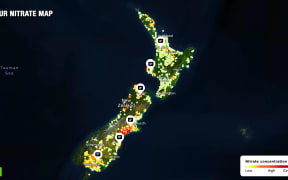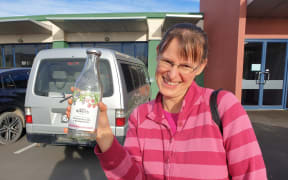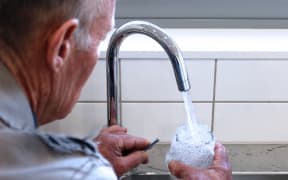
Photo: 123RF
Greenpeace has written to Te Whatu Ora - Health New Zealand over its concerns about nitrate in Canterbury's drinking water.
The organisation said it tested 445 water samples in North Canterbury this past weekend and the results indicated town supplies in Darfield, Kirwee and Oxford had nitrate levels above the 5mg/L threshold.
Spokesperson Amanda Larsson said that was the level which could increase the risk of pre-term birth.
"The highest readings we see are often from private bores in rural areas. It's less common to see such high readings in the public town supply. For comparison, about 80 percent of New Zealand's drinking water is below 1mg/L so 5 mg/L in the town supply is high," she said.
Larsson said the main source of nitrate contamination of the groundwater was fertiliser application and dairy cow urine.
"North Canterbury has one of the highest stocking rates in the country so that's why we're seeing high nitrate in the groundwater, and the groundwater is what's being used for public drinking supplies in these areas," she said.
Canterbury Regional Council said drinking water supplied by city and district councils throughout Canterbury was generally safe and councils monitored the quality of the water to make sure it was safe from pathogens, nitrate and other contaminants.
It said it had long recognised there were high nitrate concentrations in groundwater in the region, and was continuing to work closely with other agencies and landowners on this.
The regional council's website said it was addressing the cause by imposing strict regulations on farming practices and nitrogen loss to water, by setting nitrogen leaching limits on individual farms, rather than limiting the number of cows.
Larsson said Greenpeace had written to Health New Zealand to draw the agency's attention to this as a "serious public health issue".
"Our expectation is that they would investigate and then ultimately back calls to lower the drinking water standard to the safe limit which is 1mg/L," she said.
New Zealand's current drinking water standard for nitrate was set at 11.3mg/L, Larsson said.
Health New Zealand national public health service medical officer Dr Cheryl Brunton said the agency had received Greenpeace's letter.
"Taumata Arowai is the organisation responsible for ensuring all communities have access to safe and reliable drinking water. The Ministry of Health remains responsible for the drinking-water policy and they engage with public health professionals and authorities to formulate policy for achieving safe drinking-water supplies and effective sanitation in New Zealand," she said.
Brunton said all agencies continued to work together to make sure New Zealanders had access to safe drinking water.
The Ministry of Health directed queries to Taumata Arowai. Taumata Arowai has been contacted for comment.






